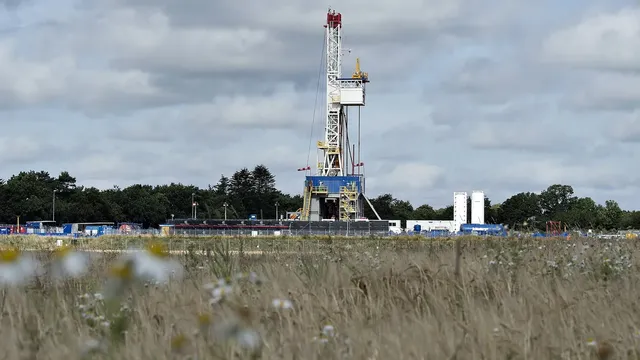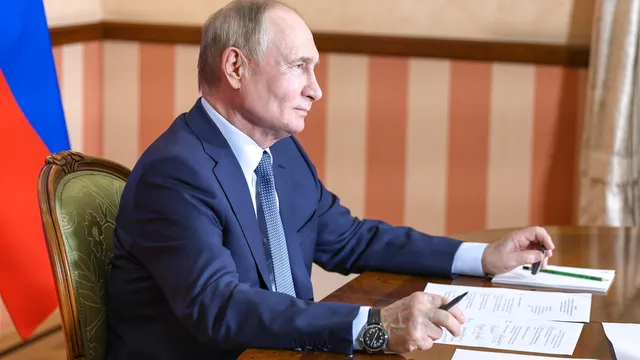By Dimitar Ruskov, Head of the International News Department at BGNES
It is always the most strategic, the highest priority, the key, the pivotal project — and yet, it remains forgotten, ignored, and unbuilt. Today it’s a “promise,” tomorrow it will be a legend, and the day after — a myth.
Pan-European Corridor No. 8 crashes headlong into two tunnels: one is the tunnel of fruitless and empty discourse between Bulgaria and North Macedonia; the other — a physical one, still existing only on paper at the Deve Bair border crossing, clinging to that favorite word of too many politicians: “project.”
“We’re committed, but we need political will...”
“There’s been no response from the other side to organize a meeting and reach an agreement on the implementation of this vital European corridor...”
Two positions from two governments that “want it very much, but lack the will” to finish what was started. Sofia and Skopje can freely exchange their statements on Corridor No. 8 — they now sound so alike that a signature swap would suffice. Both sides conveniently lean on the same principle: “It’s out of our hands — ask the others.”
Decades ago, the iron curtain between Bulgaria and Macedonia was a geopolitical reality. Today, there is no excuse for the lack of modern, functional transport connectivity. Not for the luxury cars of Macedonian politicians doing business in Bulgaria, but for true economic and cultural integration.
Yet the leadership in Skopje shows little interest in engaging with the construction of Corridor No. 8, opting instead to focus on Corridor No. 10 — a project that may indeed offer economic benefits, but is largely favored due to foreign influence.
Worse still, North Macedonia’s political elite is trying to redirect EU funds earmarked for connectivity with Bulgaria toward joint projects with Serbia. They engage in loud, aggressive media and lobbying campaigns that undermine every attempt at bilateral cooperation. While lamenting the cost of the Deve Bair tunnel, Skopje’s self-proclaimed “patriots” are burying their country under hundreds of millions of euros in new debt — including loans from China.
This isn’t just shortsighted policy — it’s dangerous. Undermining Corridor No. 8 also undermines Euro-Atlantic integration and threatens to leave the Western Balkans isolated, caught in the grip of Hungary and Serbia — and we know whose influence lies behind them.
Recent public statements confirm a growing concern: this vital infrastructure — not just for the EU and NATO, but especially for Bulgaria and North Macedonia — may have to wait decades before a ribbon-cutting ceremony becomes a reality. The pitiful state of the Gyueshevo train station and the tattered BDZ flag fluttering above a heap of garbage in Kyustendil won’t change anytime soon.
Bulgaria is squandering a historic opportunity to establish an economic lever in the Western Balkans. While we drown in trivial domestic disputes, Vučić and Orbán are negotiating the expansion of Corridor No. 10. Ports in Durrës (Albania) and Thessaloniki (Greece) are booming. Meanwhile, Varna and Burgas are being sidelined from emerging trade routes.
The consequences are not merely economic. NATO’s Battlegroup stationed in Bulgaria would be equally affected. In the event of a military emergency, the lack of modern rail infrastructure would render logistics sluggish, inefficient — and practically impossible.
Who benefits from the populist rhetoric that “Bulgaria is ready — only 2 kilometers remain to the border,” while everything else supposedly lies in Skopje’s hands? That Sofia has already invested billions?
Let’s be honest. The famously slow train from Kyustendil to Gyueshevo travels 34 kilometers in one hour and ten minutes — at a speed of 40 km/h. Is that what we’re proud of? Is that what NATO should rely on? | BGNES

 Breaking news
Breaking news
 Europe
Europe
 Bulgaria
Bulgaria







